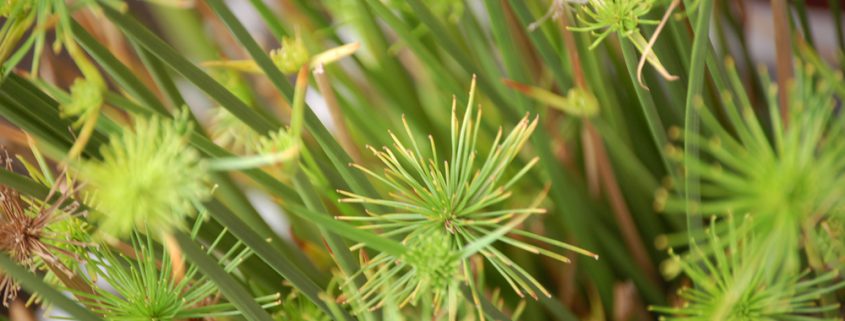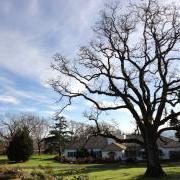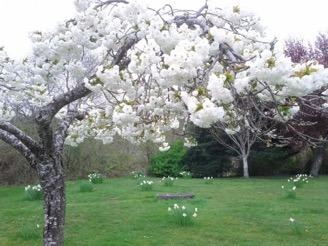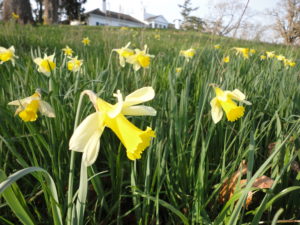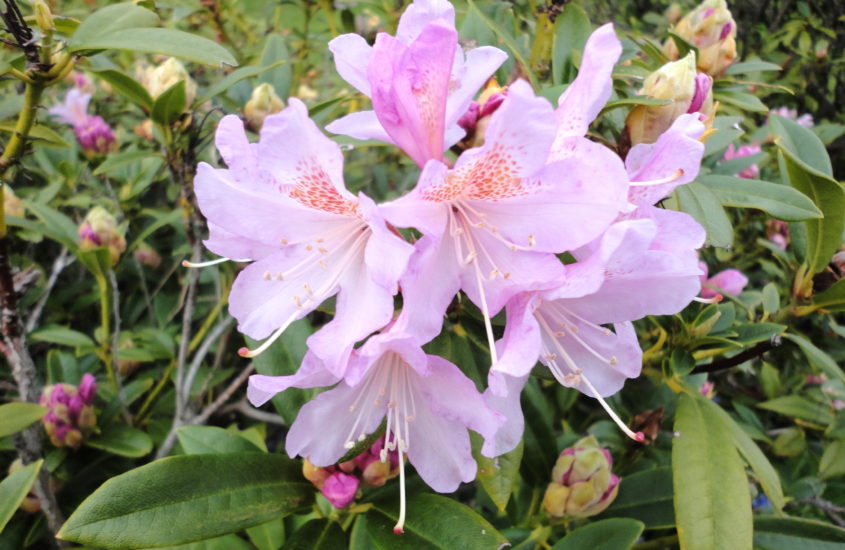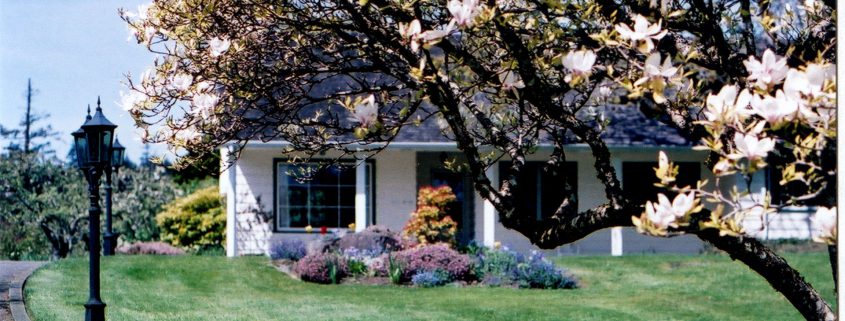Inquiry Sunday at the Centre
Inquiry Sunday at KECC
May 7, 2017
A rather small turnout of four people attended the Sunday meeting at the Krishnamurti Educational Centre of Canada in Metchosin. For the morning session we watched a video of a talk given by Susan Blackmore at the Science and Nonduality Conference in San Francisco. She spoke for about forty-five minutes on the issue of “Living without Free Will,” and then fielded questions from the audience. It was a very interesting talk combining scientific reasons for questioning the reality of free will and spiritual inquiry into the question. The crux of the matter for her is not just the scientific evidence that free will is an illusion, but, more importantly perhaps, the questioning of the existence of a separate self, an entity who has or does not have free will. If it is seen that there is no entity as a “self” other than what thought creates, then the whole debate about free will collapses. As the talk and the questions from the audience proceeded it became evident that the issue has many complex aspects to it. The participants in our group enjoyed the video and engaged in an interesting group exploration of the material the how it related to the perspectives of J. Krishnamurti and our own understandings.
The afternoon session was comprised of questions put to Krishnamurti at various talks and his responses to the questions. One question was chosen to look at on video: “Can thought be aware of itself as it arises and not merely after it has passed?” K gave a passionate response to the question and our group then delved deeply into our own investigation. Our inquiry took us to the end of the meeting time for the day. Some very interesting points were touched on, including the possibility of being aware of thoughts without any duality between thought and awareness.


